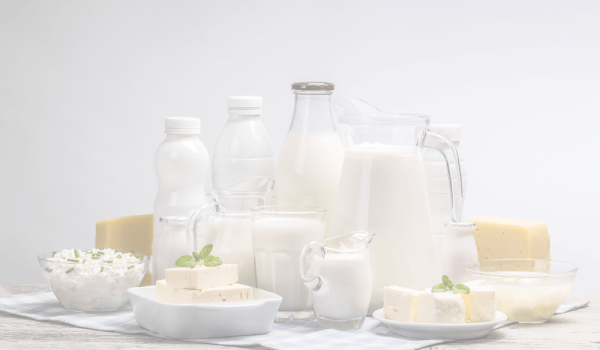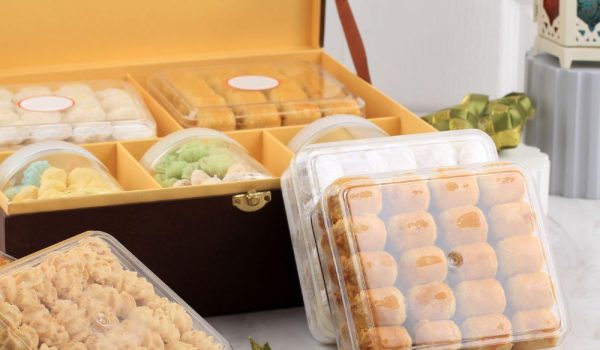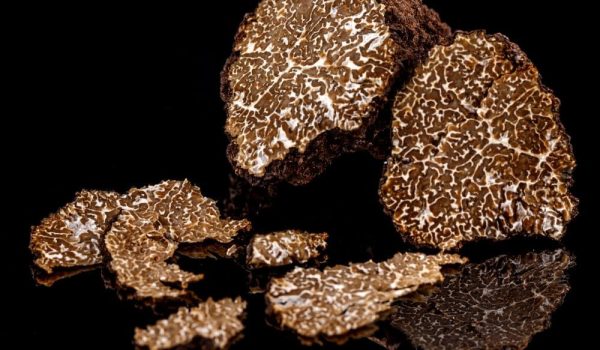The Ultimate Guide to Baking Soda and Baking Powder
Baking Soda Questions
What is baking soda?
Baking soda, also known as sodium bicarbonate or bicarbonate of soda, is a leavening agent that is meant to make doughs and batters rise. However, it needs to become a complete leavening agent in order to do so. To make things easier to understand, here is a formula that makes up a complete leavening agent:
Complete Leavening Agent Formula: Base + Acid = Chemical Reaction
In this case, baking soda is the base. In order for it to be a complete leavening agent, it needs to be paired with an acid such as lemon juice, vinegar or cream of tartar. Upon being paired, it creates a chemical reaction which produces carbon dioxide which will then make the batters and doughs rise.
Does baking soda go bad or expire?
No, even past its best by date, baking soda is safe to consume and good indefinitely. However, it can lose potency (not as much leavening as originally) after 2 years if left unopened and six months if opened which could affect the end results of your baking goods.
How do I tell if baking soda is still good?
Take a spoonful of baking soda and place it in a bowl. Add a dash of acidic ingredients such as lemon juice to the baking soda. If the mixture fizzes violently, the baking soda is still good. If not, it’s leavening effect is no longer potent and should be replaced with new baking soda.
How do I store baking soda?
Baking soda should be stored in a pantry or a dry cupboard, away from excess moisture and heat. Once a box of baking soda is opened, place the baking soda in an airtight container. As baking powder absorbs odors, ensure it is placed separately and far away from pungent smells.
Baking Powder Questions
What is baking powder?
Baking powder is a complete leavening agent that makes batters and doughs rise. Baking powder contains baking soda (the base), a dry acid (like cream of tartar) and cornstarch. The cornstarch helps prevent the base and dry acid from activating during storage.
What are the types of baking powder available?
There are two main types of baking powder: double-acting baking powder and single-acting baking powder.
Double-acting baking powder
Double-acting baking powder reacts and creates gas bubbles (rises) twice. The first rise happens when it gets added to liquid and the second rise happens when it is heated. Double-acting baking powder is usually referred to as the “regular” baking powder and is the most commonly used type of baking powder. It is easily obtainable at online baking supplier shops or supermarkets.
Single-acting baking powder
Single-acting baking powder like phosphate and tartrate baking powders reacts and creates gas bubbles (rise) only once. The rise only happens when it is heated at a high temperature. Single-acting baking powder is mainly used by professionals.
What is the difference between double-acting baking powder and single-acting baking powder?
For those who are beginners at baking, double-acting baking powder is more reliable for home baking as it has two leavening (rising) phases which leaves some margin for error, making failure less likely. In contrast, single-acting baking powder is usually used by professional pastry chefs as there is only one leavening phase (when the baking powder is heated) which leaves no room for mistakes.
Does baking powder go bad or expire?
No, even past its best by date, it is good indefinitely and safe to consume. However, it can lose potency (not as much leavening as originally) after about 9 to 12 months which will lead to your baked goods not having the proper lift.
How do I tell if baking powder is still good?
Take 1/2 teaspoon of the baking powder and mix it with 1/4 cup of boiling water. If you see the mixture bubble up heavily, it’s still good. If not, it’s leavening effect is no longer potent and should be replaced with new baking powder.
How do I store baking powder?
If unopened, the baking powder can be stored in a dry cupboard or pantry. If opened, transfer the baking powder to a dry and airtight container. Ensure that you do not store the baking powder in a refrigerator as the condensation may cause it to have a chemical reaction.
Combination of Baking Soda and Baking Powder Questions
What is the difference between baking soda and baking powder?
Baking powder is a complete leavening agent that contains baking soda (also known as sodium bicarbonate or bicarbonate of soda) and an acid such as cream of tartar. On the other hand, baking soda is lacking an acid and needs to be paired with one to become a complete leavening agent. This is why baking soda is used in recipes that already include acidic ingredients such as lemon juice, buttermilk and vinegar. Ultimately though, the purpose of both baking powder and baking soda is to make batters and doughs rise.
Can I substitute baking soda for baking powder?
Yes, so long as there are sufficient acidic ingredients to produce a chemical reaction. For example, for every half teaspoon of baking soda, you would need 1 teaspoon of lemon juice to effectively produce the reaction. Also, when substituting baking soda for baking powder in a recipe, ensure that you follow the rule of thumb which is that 1 teaspoon of baking soda is equivalent to 3 teaspoons of baking powder. This is to prevent an overuse of baking soda which can lead to a soapy taste in your baked goods.
Can I substitute baking powder for baking soda?
Yes, however it is not recommended. It is difficult to substitute baking powder for pure baking soda as baking powder only contains 1/3 of baking soda with the rest being an acid like cream of tartar and corn flour. In order to substitute 1 teaspoon of baking soda, we would need 3 times the amount of baking powder. This would greatly increase the acidic elements in the baking goods and most likely cause an acidic and bitter aftertaste.
What Is a good substitute for both baking soda and baking powder?
Self-rising flour. It contains baking powder, salt and flour and substitutes the all-purpose flour in a recipe with a ratio of one to one.
Should I use baking soda or baking powder when baking a cake or bread?
It depends on the recipe that you’re using. Usually, baking soda is used in recipes that include acidic ingredients such as lemon juice or vinegar. In contrast, baking powder is used in recipes that do not include acidic ingredients. Common examples of these recipes are pancakes or biscuits. Occasionally, both baking soda and baking powder may be required in a recipe. For example, the baking soda used to neutralize the acid in the recipe may not have produced enough carbon dioxide to make the dough or batter rise properly. Baking powder helps in this scenario as it provides extra lift to the dough or batter.
Found this article useful? Why not follow us on Facebook and Instagram to get updates whenever we release a new article? You can also check out a few of our other articles:
- Couverture and Compound Chocolate: What’s the Difference?
- Margarine vs Butter: Which is Better?
- 8 Common Types of Nuts to Try For Malaysians










